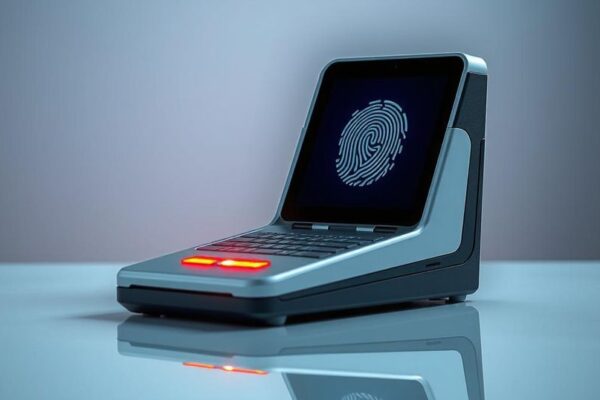
Queensland Launches Digital ID: A Secure Replacement for QGov
Queensland Digital ID (QDI) has replaced the outdated QGov system. It enhances security with multi-factor authentication and passkey support, while allowing more identification documents. Users need to create new accounts if they did not migrate their QGov info, marking a significant transition to a more secure system for online government services. Queensland has rolled out…











